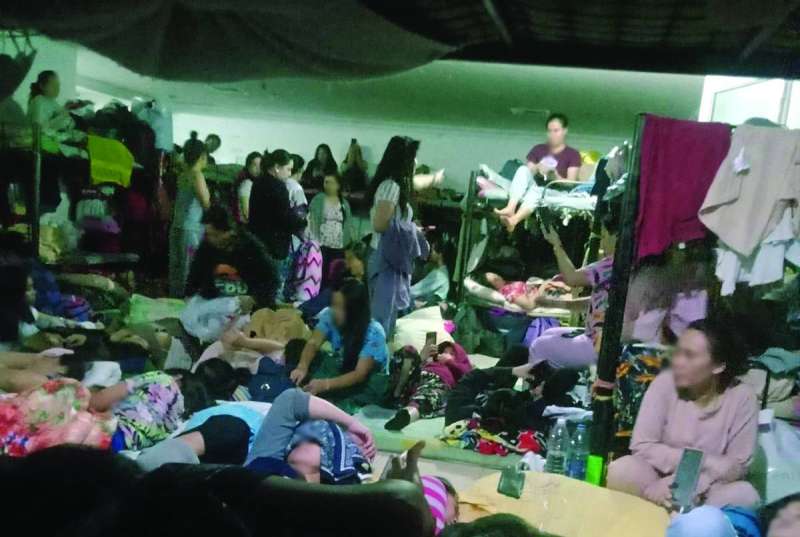22/03/2023
22/03/2023
Most of the new workers have not finished their probation period and are declining to work.
KUWAIT CITY, March 22: Jose Almodóvar Cabrera III, the Chargé d’Affaires of the Philippine Embassy in Kuwait, has confirmed that construction of the new embassy headquarters in Sabah Al-Salem will begin before the end of April. Meanwhile, Cathy Doladol, the Acting Labor Consul, has stated that 1022 Filipino domestic workers were sent back to the Philippines as of January this year. She added that more workers are currently waiting for their legal documents to be processed so they can also return home.

She further stated that, the Philippine government has an ongoing project in collaboration with the Office of Migrant Workers, the Department of Welfare of Foreign Workers, and the embassy to aid Filipino workers abroad in returning home, reports Al Rai. She added that the repatriation process is done in coordination with the Ministries of Foreign Affairs and Interior in Kuwait. She also mentioned that the repatriation of Filipino workers is an ongoing process, with flights scheduled almost daily regardless of the number of workers who have completed their documentation for departure.
She mentioned that a total of 637 domestic workers, who were from the shelter and deportation center in Kuwait, have left since the start of March. The latest group to depart consisted of 130 workers who traveled on Tuesday morning.
According to sources, there are currently 329 female workers staying in the shelter, and 10 to 20 new domestic workers are being received in the shelter on a daily basis. The majority of the new workers have not completed their probationary period and refuse to work, hoping to secure better job opportunities outside the country. Others refuse to work due to their sponsors' failure to adhere to the contract terms.
It is necessary to repatriate these workers to avoid overcrowding in the shelter. All repatriation trips are financed by the Repatriation Program and the Department of Welfare of Foreign Workers, in accordance with the government's promise to ensure the safe return of all workers abroad, regardless of their current situation.


